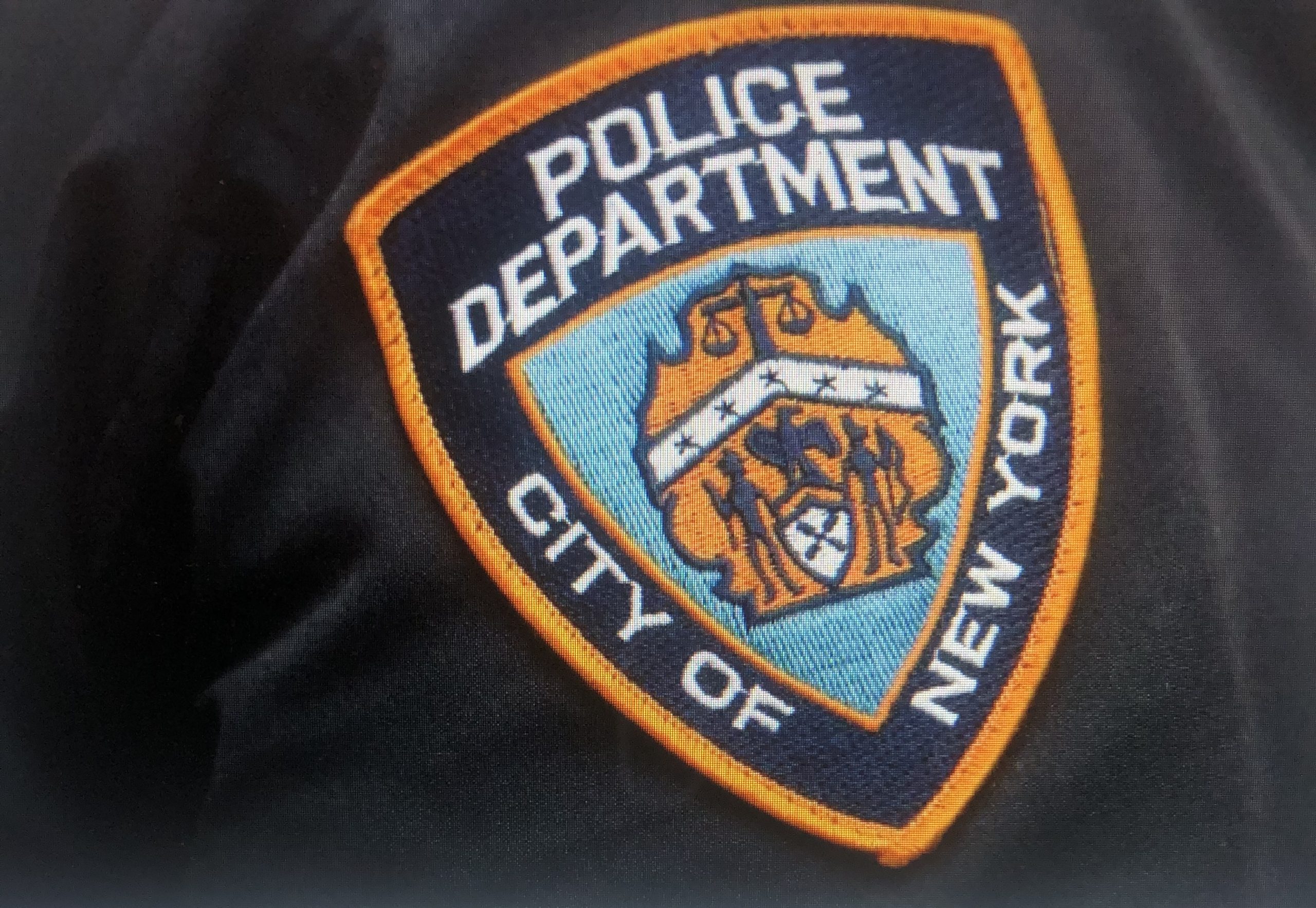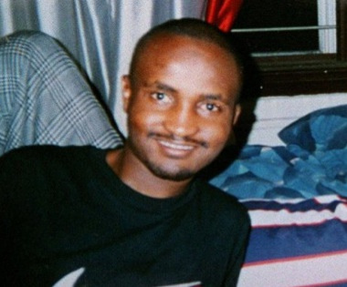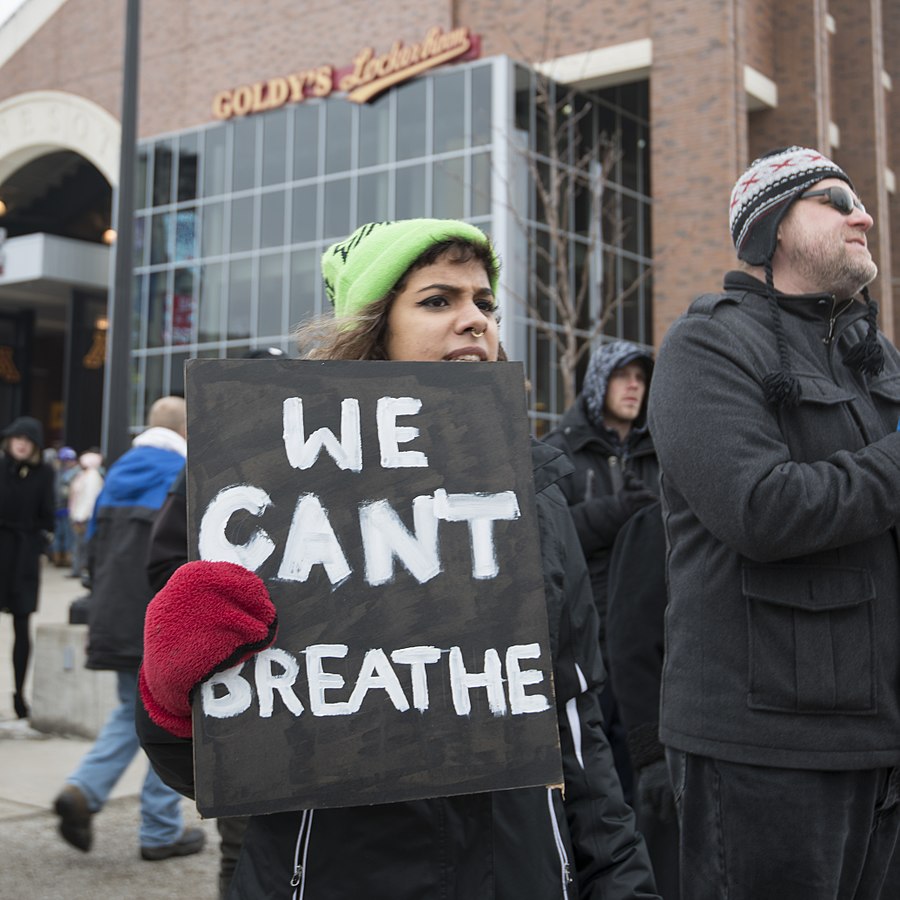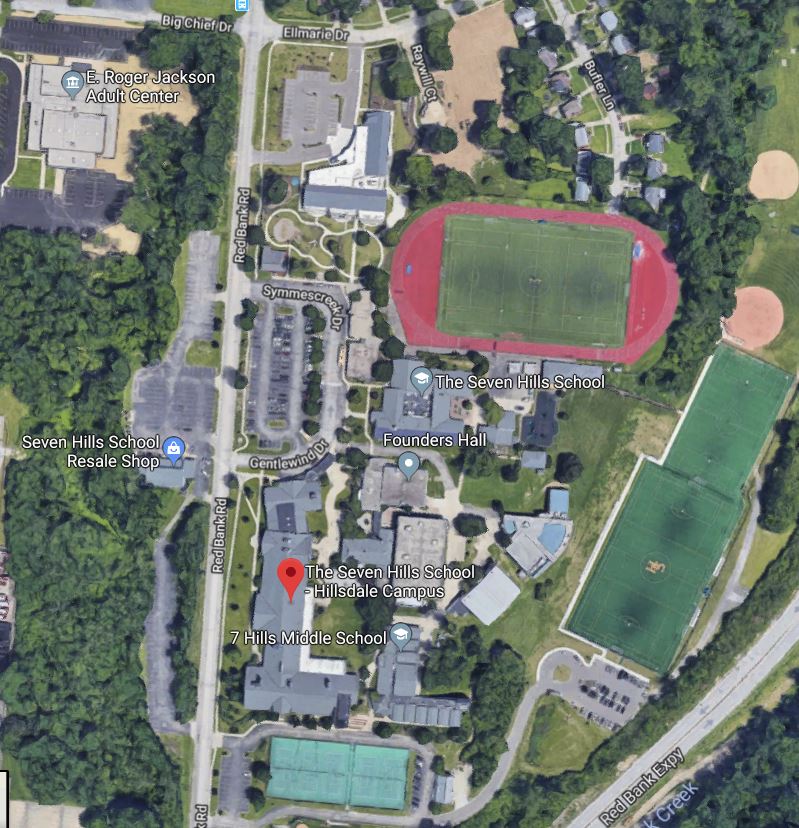 As attorneys dedicated to seeking justice for victims of police brutality, the recent tragedy involving the fatal shooting of Win Rozario by the NYPD resonates deeply with us. Our firm, Gair, Gair, Conason, Rubinowitz, Bloom, Hershenhorn, Steigman & Mackauf, has a long history of advocating for those who have suffered at the hands of law enforcement, including representing the family of Amadou Diallo, whose life was tragically cut short in a wrongful shooting by the NYPD.
As attorneys dedicated to seeking justice for victims of police brutality, the recent tragedy involving the fatal shooting of Win Rozario by the NYPD resonates deeply with us. Our firm, Gair, Gair, Conason, Rubinowitz, Bloom, Hershenhorn, Steigman & Mackauf, has a long history of advocating for those who have suffered at the hands of law enforcement, including representing the family of Amadou Diallo, whose life was tragically cut short in a wrongful shooting by the NYPD.
The parallels between the cases of Amadou Diallo and Win Rozario are stark, illustrating the persistent challenges and injustices faced by individuals, particularly those from marginalized communities, in their interactions with law enforcement. Both cases involve young men of color who found themselves in vulnerable situations and encountered a lethal response from the very authorities meant to protect and serve.
Win Rozario’s family, much like the Diallo family, is left grappling with grief, trauma, and unanswered questions in the wake of this senseless tragedy. Our role as their legal representatives goes beyond seeking financial compensation; it is about holding accountable those responsible for Win’s death and advocating for systemic reforms to prevent similar incidents from recurring.

 We are proud to announce that our partner, Rachel Jacobs, will be a featured panelist at her undergraduate alma mater, Binghamton University’s Women in the Law event. This event, hosted by the Harpur Law Council, brings together distinguished female attorneys to discuss their careers, challenges, and the evolving landscape for women in the legal profession.
We are proud to announce that our partner, Rachel Jacobs, will be a featured panelist at her undergraduate alma mater, Binghamton University’s Women in the Law event. This event, hosted by the Harpur Law Council, brings together distinguished female attorneys to discuss their careers, challenges, and the evolving landscape for women in the legal profession.
 New York Personal Injury Attorneys Blog
New York Personal Injury Attorneys Blog









